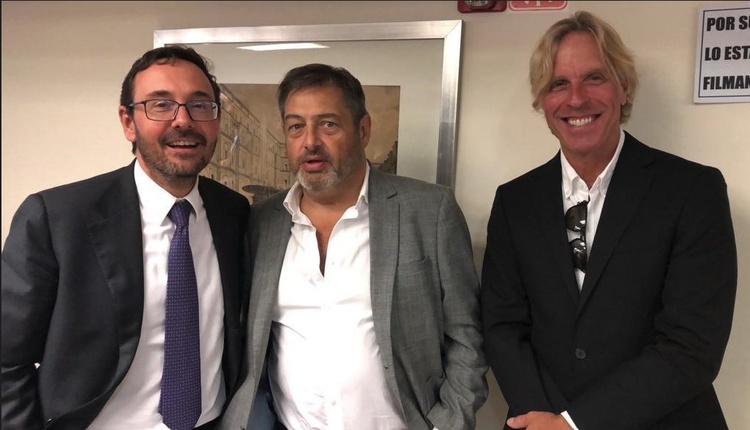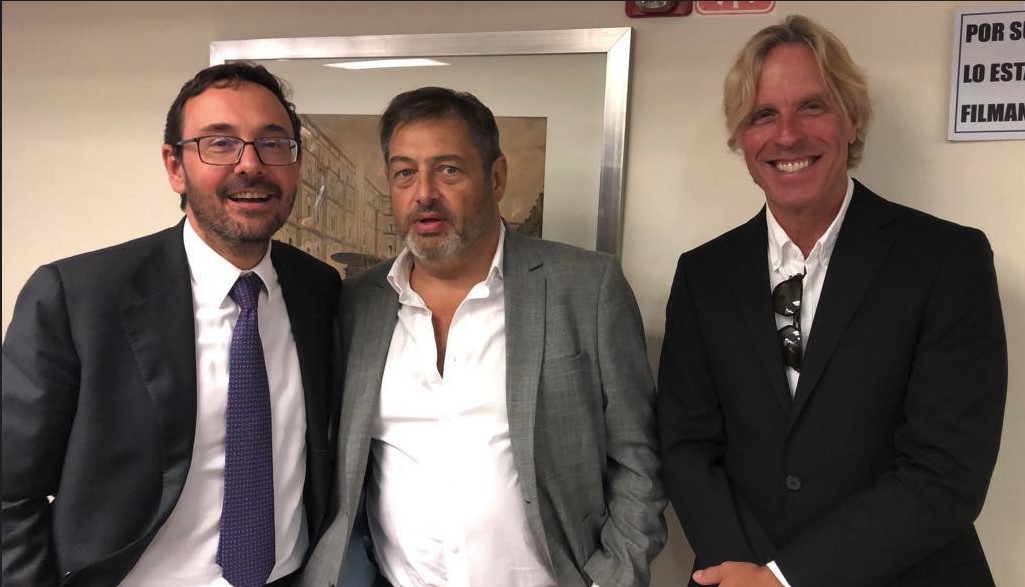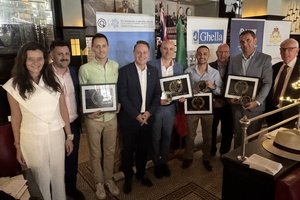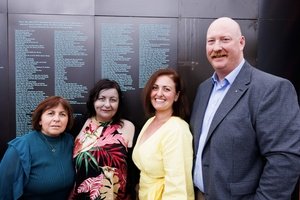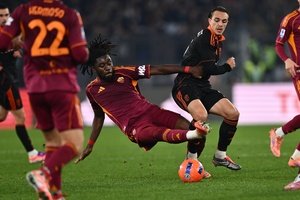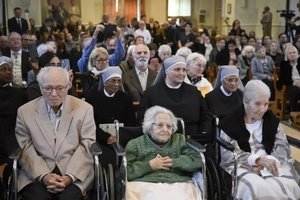Culture, passion and inclusion. Football, but not only football. The strong bond, both historical and cultural between Italy and Argentina makes itself known through many sports.
Pablo Mamone, head of production for ESPN Latin America, knew this when he took up the challenge of writing about the topic for his Diploma of Study and Management of Institutions within the Italian Community in Argentina, organised by the CIAAE (Centro Italo-Argentino de Altos Estudios) at the University of Buenos Aires.
The title of his work: “Passion for sport: historical ties between Argentina and Italy” highlights the bond between the two countries.
“The central, historical node is football,” he said, “but not only that. Many Argentines passionately follow Formula 1, they are crazy about Ferrari, they adore motorcyclist Valentino Rossi.”
“Even cycling, with the Giro d'Italia enjoying many followers here.
“A second type of connection occurs in minor (or lesser than football) sports where Italian-Argentineans play.
“I am thinking of rugby,” Mamone continues, “where the two figures who have made Italy great in the sport are Diego Domínguez, an Argentine, and Sergio Parisse, born in La Plata to Italian parents, who owes his sports training to Argentina.”
“Again, tennis player Camila Giorgi, from Macerata, but the daughter of two Italian-Argentines. And Julio Velasco, the greatest volleyball coach of all time.”
Pablo himself is a descendant of Calabrians (from Limbadi, now in the province of Vibo Valentia).
“My family came in the 1930s,” he said.
“My father died when I was just 9 years old, my mother worked all day, so I grew up in my grandparents' house.
“I never paid that much attention to my roots until I started going to Italy for work about 15 years ago.
“Since then, I experience every trip with a very strong emotional intensity. And I feel the need to go back every year, to honour my roots.”
His love of his heritage is so strong that he had the Supercalcio segment added to ESPN's Friday programming, where videos from different places in Italy tell the story of Italian culture and customs through sport.
Considering sport is a central element of the upbringing of young people involved with Italian associations in Argentina, it has a profound significance that can even extend to politics.
On the one hand, sports culture can be considered a culture in its own right.
“On the other, it creates a way to make young people aware of [political] realities,” said Mamone.
“We need to focus on themes and activities that are relevant to their lives.
“All you have to do is walk down an Italian street and you will always see a young person wearing the shirt of their favourite football team.”
Sport is a driving force, in short.
“[It can be] a tool for social and cultural inclusion,” Pablo points out.
“The public and the athletes have changed and continue to change.
“Women have entered in droves: champions, fans, journalists and commentators. Sensitivity to the LGBT and queer community has expanded.
“Sport is now rightly considered a right for people with disabilities.”

